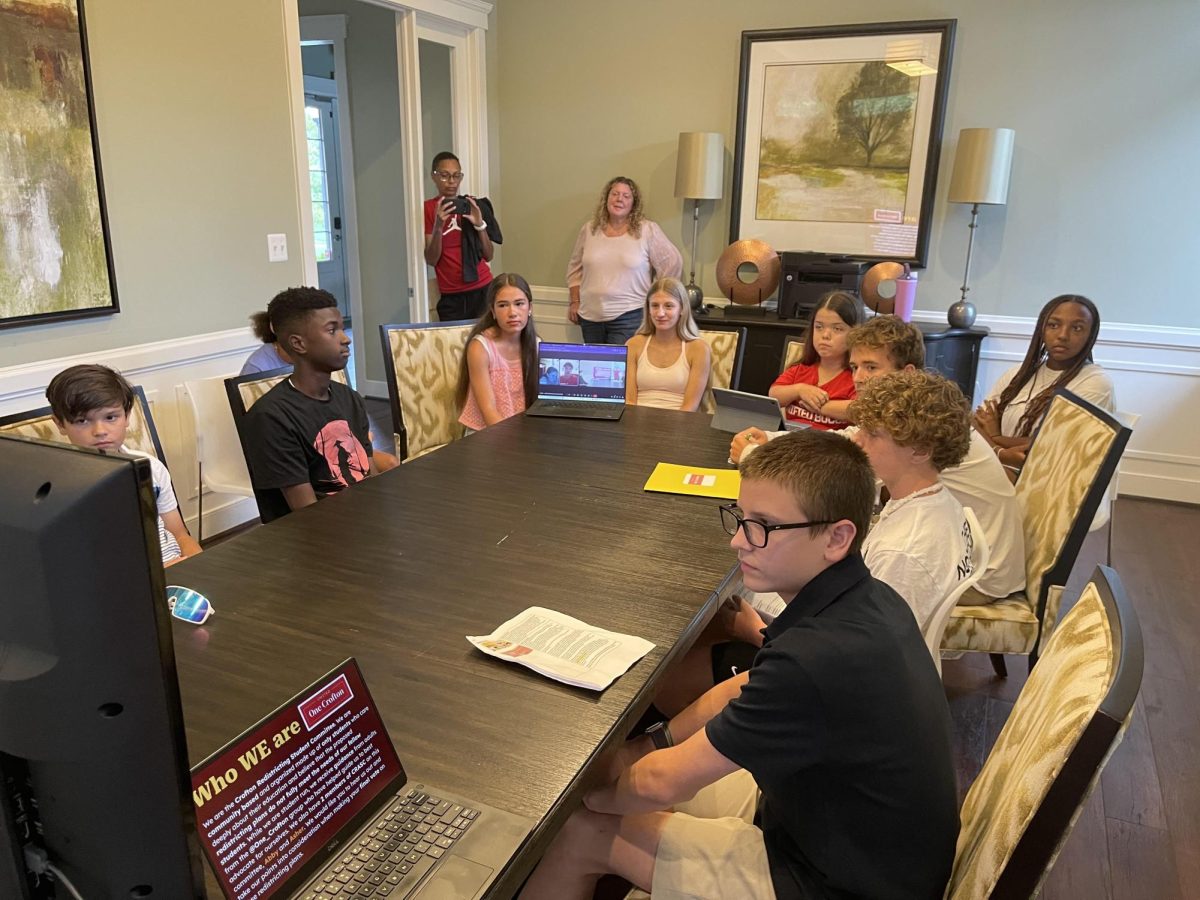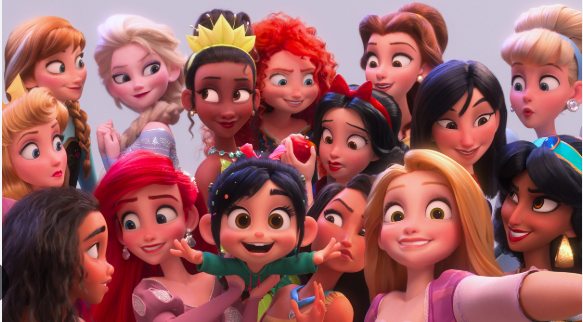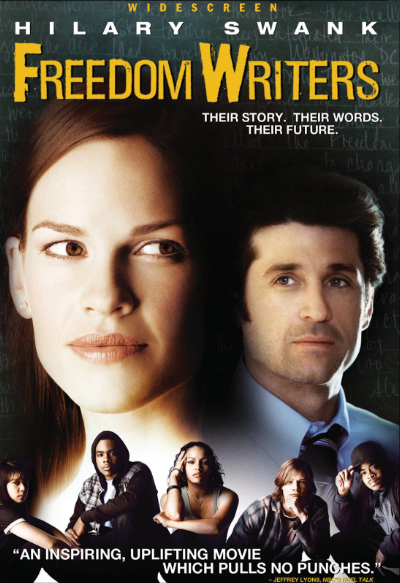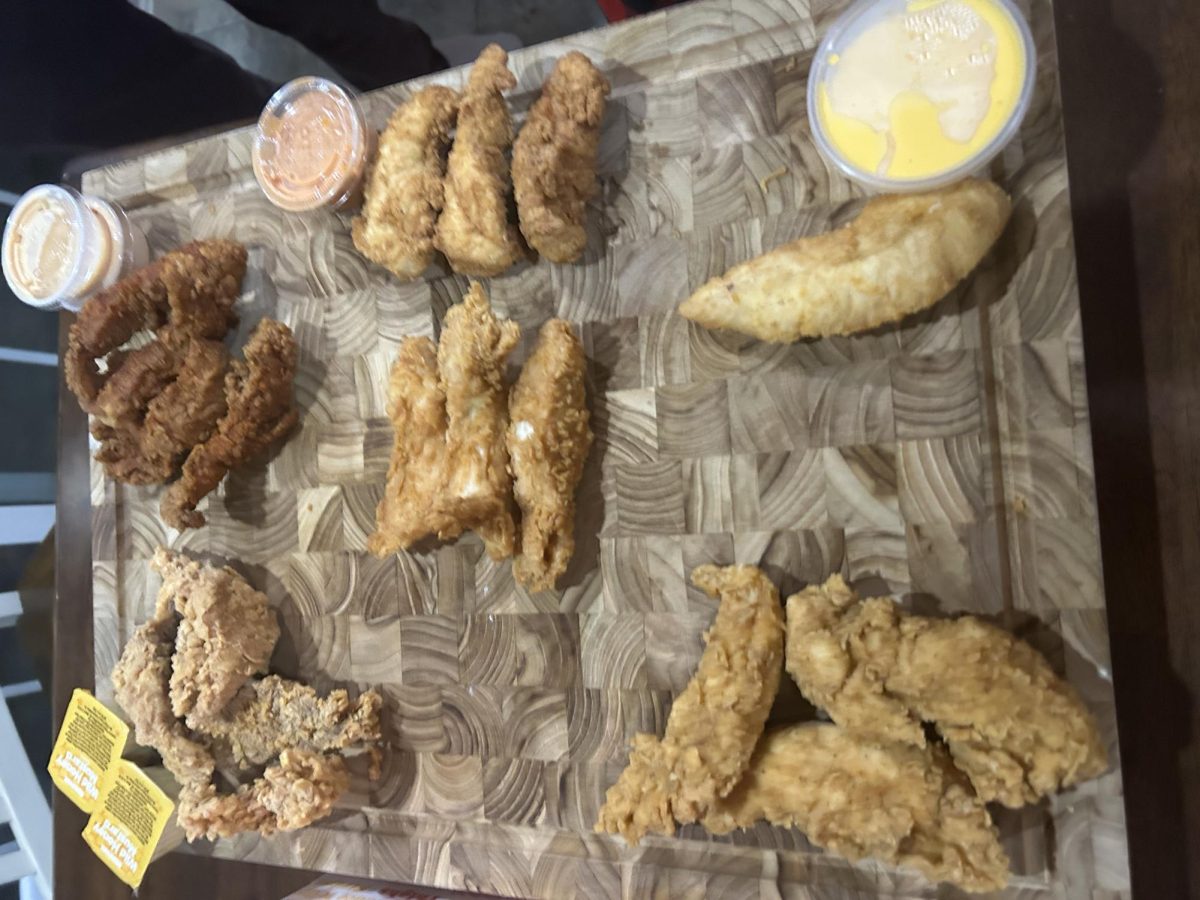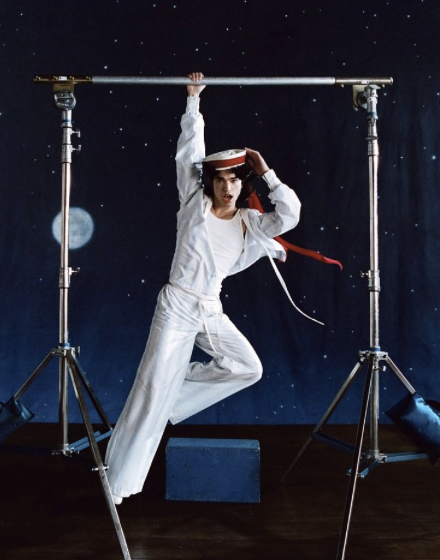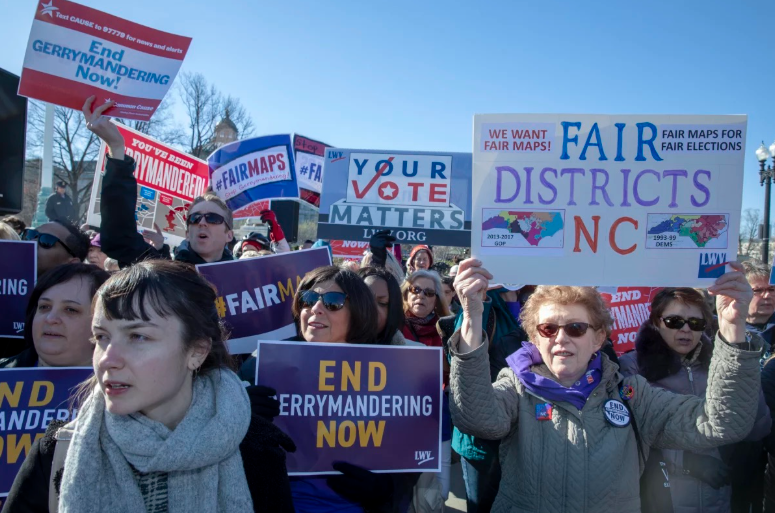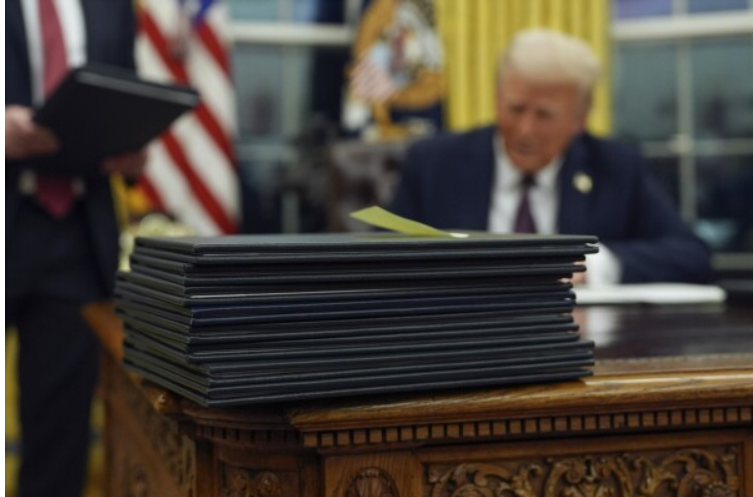It is unusual, not unheard of, for someone to start doing standup comedy in high school. In fact a lot of the best to ever perform started young, like Taylor Tomlinson, Eddie Murphy, and Pete Davidson.
I started when I was 16, coming off of the pandemic, pent up with cabin fever, itching to get out into the world and explore. It was not easy to find places to perform, there is a distinct lack of amateur comedy in Anne Arundel County. So I went to Baltimore, Washington, D.C., Arlington, Woodbridge, all over to find places to practice and learn. People are always saying to me ‘Wow you’ve done comedy for two years? I’ve only been seeing you recently’ Most of the reason for that is because I began comedy only going if and when my mom would take me. I did it since before I could drive. Eventually, I got more into the scene and have lately been performing multiple times a week.
Throughout a week, I have school five days, classes at AACC for four, eight hour work shifts two days, and standup usually upwards of twice a week. As a result I have had to create this balance and it has been difficult. I often will be working on things for another part of my life while participating in a different one. I’ll write jokes during school (when I’m done with work of course), I’ve studied for math tests in a green room before performances, read Hamlet on the Metro to a show (which was more thought-provoking than that entire play). They say that the Gen Z mind can’t comprehend a meal without YouTube, I have packed my life so tight that I don’t drive without a book, or standup, I can’t shower without a show or music, I write jokes while I listen to music. If I’m going to have an attention span that can’t do just one thing at a time; might as well try to optimize it.
A lot of people have been asking me whether after high school I’m going to college or pursuing standup full-time. Which I think is hilarious because if you knew me you’d know I’m much smarter than I am funny. Which will either disappoint or impress based on how much you like my jokes.
People also ask me where I get my material from. And it may seem obscure, but comedians get inspiration in the same way that any other artist does. Just by experiencing life. I came up with so many of my jokes at school or work, and then wrote based on that idea when I had time.
A lot people think they could never do comedy, and I think that’s only true with that attitude. Saying that you do not possess the ability to do something is not a good line of thought. Why would you allow yourself to believe that there are things that exist that you could not learn or succeed at to some degree?
You may not enjoy it, but with work and time and practice, I would say anything is learnable. Standup is absolutely no different. Even as a high school student, the only things stopping you are your ability to travel to a place you can perform. Anyone can perform, that’s the idea of open mic comedy, the most important part of the process is saying things that aren’t funny in order to learn how to change things so that they are.
You don’t have to be an outgoing, class clown, performer, high-energy person to do standup. I am not an outgoing person. But standup not only helps me to bridge this gap, but to utilize this aspect of myself to be funny. Standup has always been set up to allow anyone who puts the time work and passion into it, to succeed. It can be done by anyone and done well by anyone who wants to.
Standup is an invaluable hobby in terms of how much you gain from it, even if you do not become successful in comedy itself. It teaches stage presence and public speaking, which are skills so many people struggle with. These are such important abilities that can be applied in so many contexts. It also teaches writing skills, and interpersonal communication.
Revising and improving material is key to success, but so is the ability to read a room and gauge reactions and feelings. It teaches dedication, and persistence because a lot of what you say for the first time will not get laughs, that’s the reality. You have to be able to understand that it isn’t personal and that if you continue to work, you will quantitatively improve.

